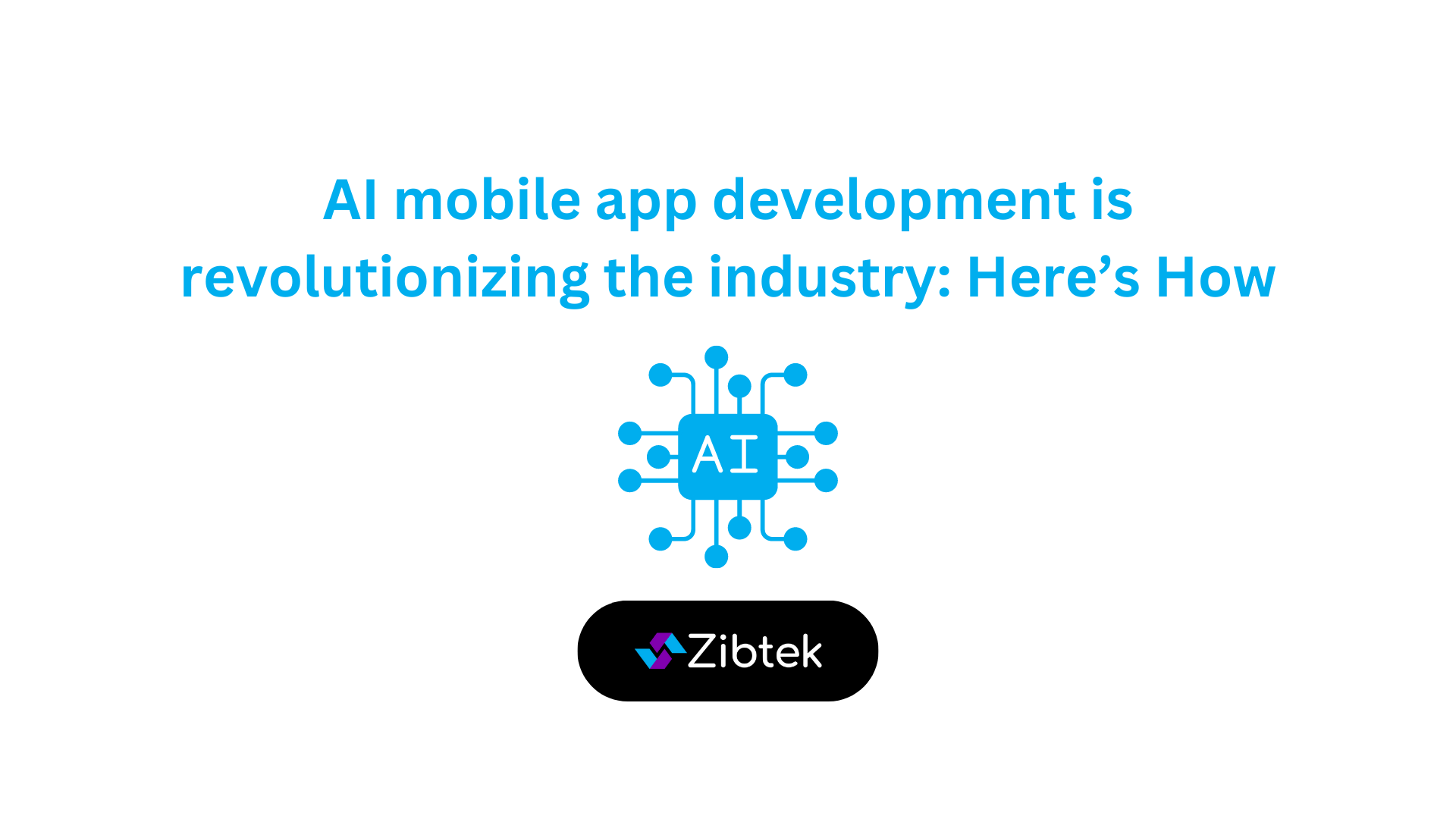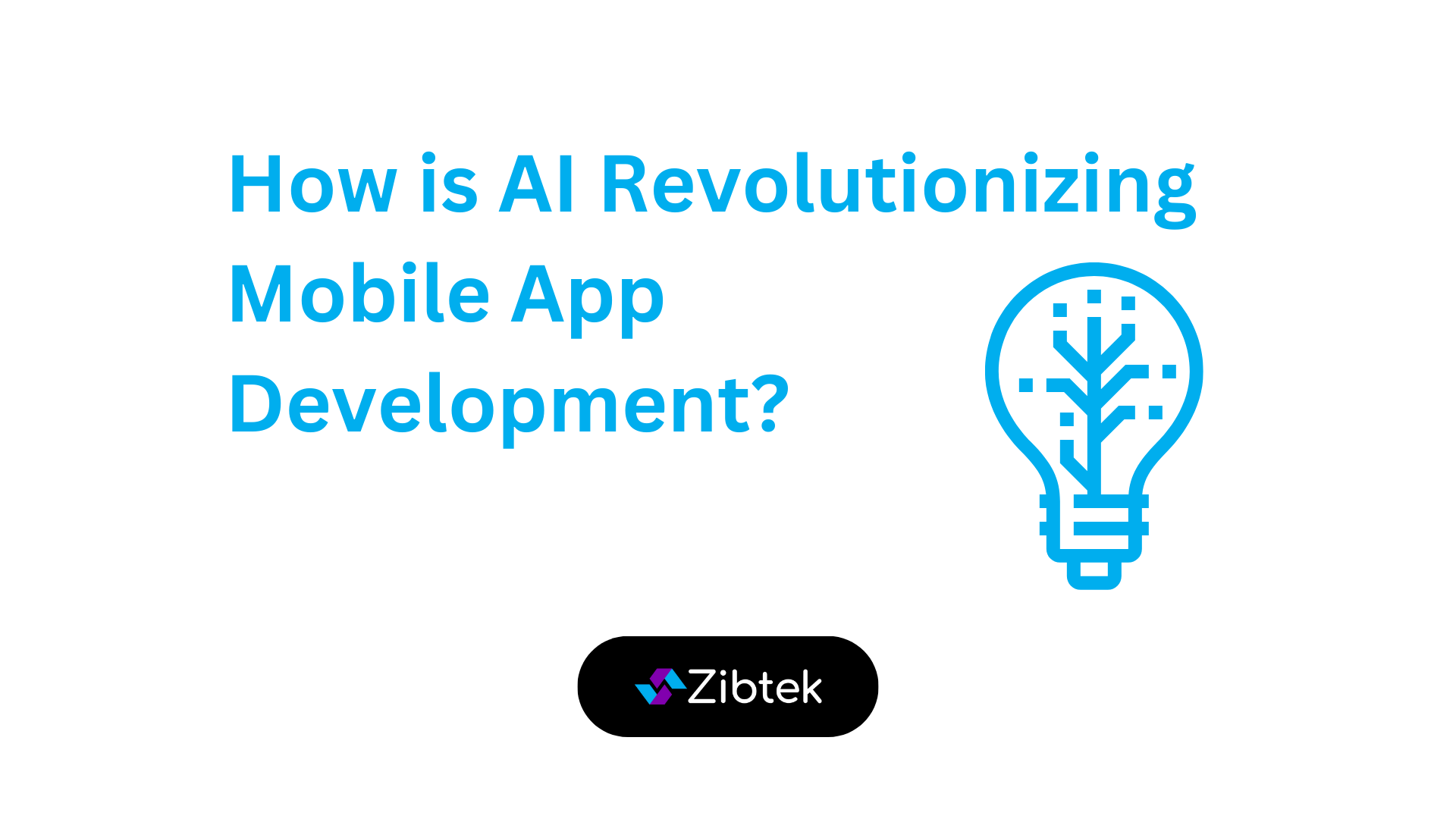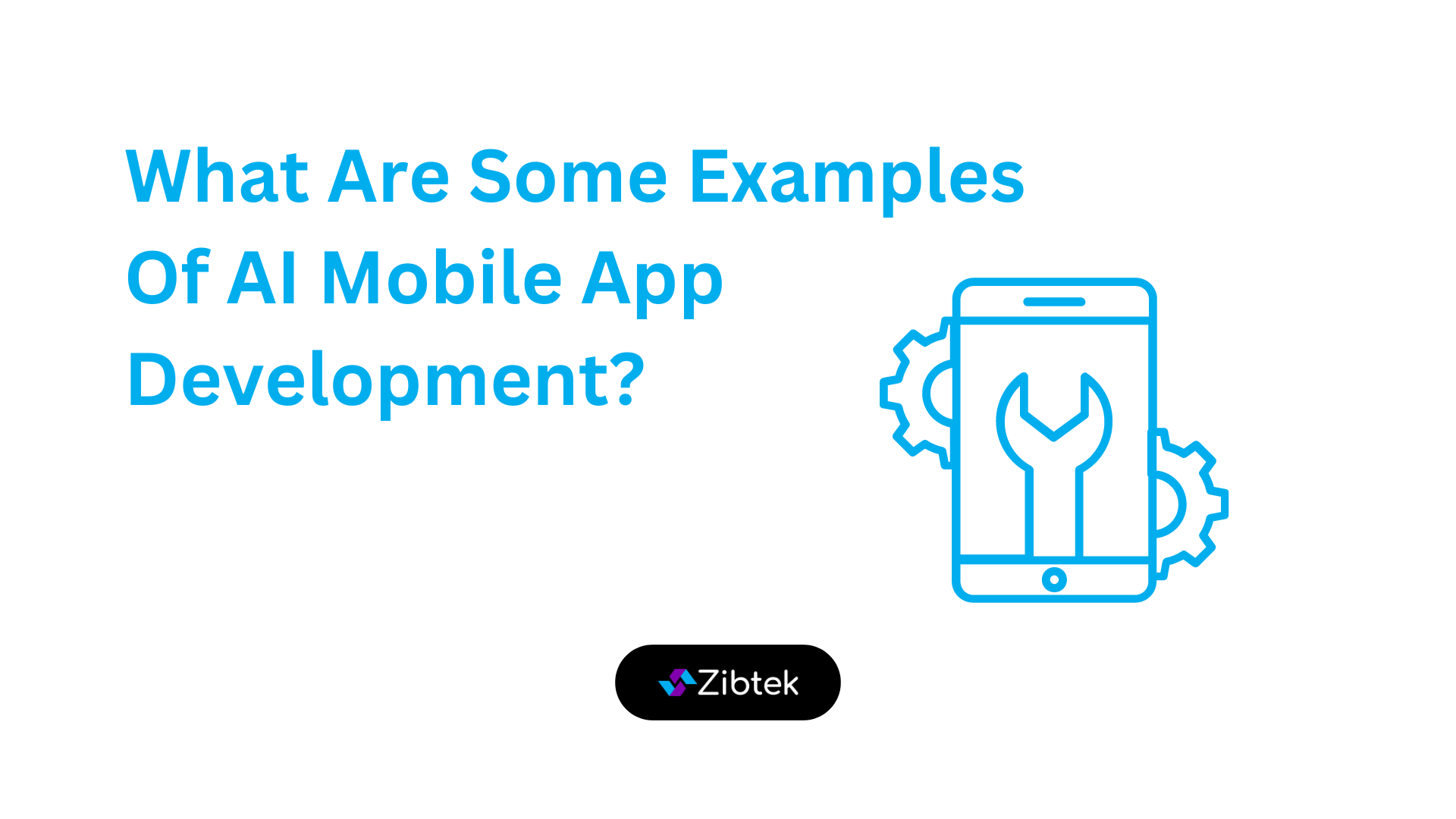Did you read our recent post on AI mobile app development? If so, you know that ChatGPT has been exposed to a substantial amount of code, making it a valuable tool for programmers. It’s also been trained to analyze prompts, understand context, and generate human-like responses. What more could an engineer hope for?
Hold it right there, buckaroo!
A ZDNET article published this past week reveals that ChatGPT answers over half of software engineering questions incorrectly. In a study conducted by Purdue University, researchers set out to discover just how good ChatGPT was in answering software engineering prompts.

The results were, to put it mildly, depressing.
For while the answers were comprehensive 65% of the time, 52% of them were also wrong. To make matters worse, the experienced engineers asked to give their insights on the responses failed to identify incorrect AI-generated answers nearly 40% of the time.
Does this call into question ChatGPT’s effectiveness and accuracy in writing code? Will it have a significant impact on AI-powered mobile app development? No one knows for sure, but there will no doubt be plenty of discussion and debate around how much trust can be put in the exploding generative AI phenomenon.
How is AI Revolutionizing Mobile App Development?
Just as mobile apps are transforming our daily lives, AI is revolutionizing the mobile app development industry.
Consider this:
- In 1983, Steve Jobs envisioned a scenario where people could buy software over their phone lines.
- However, it took until 2007, when the iPhone was released to commercial and critical success, for engineers to begin developing native apps.
- A year later, the App Store was launched with 500 apps, and the rest, as they say, is history.
- In 2009, Angry Birds became a runaway hit, and “there’s an app for that” became a buzz-worthy phrase that even seeped into stand-up comedy before losing its novelty and appeal.
- By 2014, people weren’t using mobile apps just for fun—they were downloading them to help them keep in touch, listen to their favorite artists, and navigate their way around town.

AI frameworks and tools became widely accessible to developers around 2017 to 2018. They allowed engineers to integrate AI features and functions into mobile apps more easily, enhancing user experiences and improving AI-driven analytics and user behavior predictions. Today, AI and machine learning are a top mobile app development trend, reshaping how apps are built and making them more intelligent and efficient by the day.
How Do Mobile App Developers Benefit From Using AI?
AI is allowing developers to face down challenges like writing complex algorithms and codes and scaling and optimizing apps for different devices. What were just a few years ago time-consuming or impossible tasks are now quick and efficient processes, thanks to AI's ability to automate, adapt, and accelerate innovation in the mobile app development landscape.
Other benefits include:
- Powerful app authentication that makes it easy to spot malicious activities and send real-time notifications.
- Conversational UI helps users interact with an app using voice and text-based commands, making them accessible to people who often found it difficult to navigate traditional interfaces.
- AI-enhanced translators are breaking language barriers, including in regions with limited internet connectivity.
- Facial recognition technologies are using AI to improve security, even in low-light situations.
- AI-driven algorithms are being used to analyze customer data and learn what people want in their in-app experiences.
Are There Any Drawbacks?
If Purdue’s study is any indication then, yes, it appears there are drawbacks to using technologies like ChatGPT for mobile app development.
Along with incorrect responses to engineer queries, potential disadvantages include:
- Potential lack of creativity. Mobile app development requires a high level of imagination and vision. For now, only humans can visualize a design and turn it into a reality. Because, despite its “intelligence,” AI is limited to its programmable algorithms, making it impossible for it to be as creative as the human mind.
- Lack of judgment. AI and machines are currently unable to make instantaneous adjustments based on experience. So while calculations and algorithms are good for many things, they’re still no substitute for good old-fashioned, on-the-fly judgment calls.
- Limited spontaneity. Though they pack an incredible wow factor, AI machines are still fairly naïve compared to human insight, which depends on a cognitive knowledge process that involves real-time observation and experience. The day may come when AI machines can adapt their responses and reactions to changing needs, but they currently lack the common sense and natural spontaneity of humans.
Last but not least, implementing AI into mobile app development can be cost-prohibitive, particularly for smaller companies. Because AI is still limited in vision, it often requires frequent updates to achieve desired outcomes, so maintenance and management costs could increase.
What Are Some Examples Of AI Mobile App Development?
Most industry experts agree that Amazon’s eCommerce mobile app is the best example of AI usage. The app uses machine learning to improve everything from product selection to logistics and user experience while boosting customer retention, enabling seamless automation, and supporting more targeted marketing.
But the retail giant isn’t the only player to make good use of and profit from AI technologies.
- Duolingo, the popular language learning app, has a vast user base looking to improve their communication skills in multiple languages.
- In 2016, the Associated Press caused a minor earthquake when it announced it would use automated writing to cover minor league baseball. Today, the MLB is using AI to scout upcoming players.
- Google’s G Suite and Microsoft’s Office 365 productivity apps have become timesavers for people on the go who can now use features like auto-generated email replies to reduce how much time they spend on mundane tasks.
- Airbrush.ai's best AI tattoo generator represents a breakthrough in creative expression, allowing individuals to design custom tattoos using advanced AI algorithms. This tool opens up new possibilities for personalization in the tattoo industry, making it easier for users to visualize and refine their ideas before making a lifelong commitment.

The possible practical applications of AI in mobile app development are already wide-ranging. Looking ahead, you can expect to see even more transformative possibilities as AI continues to evolve. As the technology advances and becomes more accessible, its innovation potential is virtually limitless, opening the door to creating mobile apps that complement users’ lives and provide unparalleled engagement.
Does Zibtek Use AI for Mobile App Development?
Over 90% of software developers use AI-powered tools and technologies in their work. And, yes, Zibtek is one of them. We’ve been designing and building great mobile apps for over a decade. And with hundreds of successful projects to our name, we understand the advantages AI can bring, including high-level quality assurance and testing automation.
To discover more about how AI mobile app is revolutionizing the industry or to schedule a free strategy session, get in touch today.

